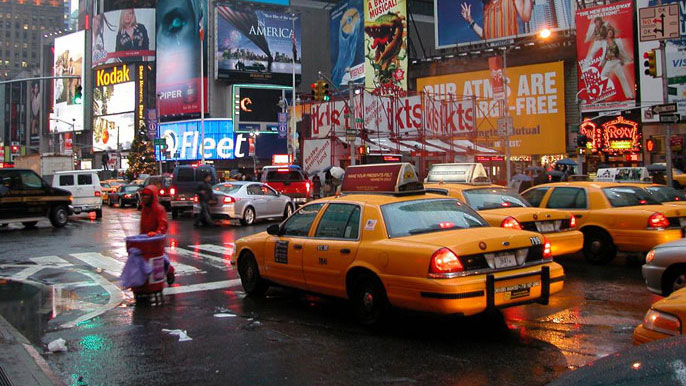The core of the success of big cities is the economic and social benefits of proximity, but this proximity also supports the transmission of COVID-19. Does this signal the backward spiral of big cities or do vaccines herald a return to normality?
Some predict the dusk of expensive, fast, comfortable city life. Others are optimistic about urban resilience. The launch of vaccines will mean an early end to lockdown and social distancing, however, the economic disruption will continue for some time to come. The preventive measures taken to avoid the fast transmission of COVID-19, such as lockdown, social distancing, work from home might have created a long-term scary effect on the cities and economies.

We should refrain from assuming an early return to pre-covid conditions, since, the pandemic might lead to long-term behavior changes in at least two ways, one is forced experiments to overcome the pandemic and second is pandemic risk in big cities that has affected the people living in the cities.

Working from home being feasible does not necessarily mean it is productive as it is in offices. There is little evidence of effects on increase or decrease in productivity. It has been noticed that meetings have become shorter and fewer in numbers, as well as the process, has become more email-focused, thus decreasing productivity and increasing miscommunication. On the other hand, a static shift to remote working can raise productivity but in very specific cases like patent examining or call centers.
The pandemic has led people to move out of the city to be away from a hotspot of COVID-19. Combining this effect with feasible work from home environment people are more likely to move permanently to non-urban areas. This is more pronounced to happen among the rich people. This significantly increases the demand for suburban housing and thus increases the housing prices in those areas simultaneously reducing the demand in cities.
This will surge the demand for non-tradable services in suburbs and thus benefiting the suburbs decreasing the demand in big cities.

We can summarise this process in various stages:
- At the national level, a sudden shift to work from home decrease the amount of work to be done in the offices and thus decreasing the demand for office buildings.
- The workflow and the process with being reorganized. This has already been seen in some organizations.
- This will have implications on the property market having winners and losers on different sides.
One key decision that must be taken by the firms is the proper segregation of work that can be done remotely and that must be done in the offices or combining both by asking the employees to attend the office once in 10 days or so. For this purpose, the work requirements, their availability remotely as well as the goal of the company must be properly defined so that the work is carried out smoothly.

History suggests that big cities have managed to adapt to new ways needed due to some form of the disease. If that is not seen this time, the effects of a pandemic on big cities will be more profound with activities and people moving towards suburbs. Such long phases of growth and decline have been seen in the past in big cities and the cities have triumphed over it. Thus the long-term impact on cities is highly unlikely. The countries with effective public health care systems and those with successful vaccination drives have successfully revived the confidence of the people and it is expected that these countries will soon return to their normal conditions of living.
By contrast, in locations where the virus still prevails, forced adaptation will still continue. On one end we might see no long-term significant change, while on the other end we coils see radical changes in the working and living of the people. Judging from the past COVID-19 could strengthen, rather than weaken the cities. A shift within the economic geography of big cities with suburbs benefiting from it is still plausible.


